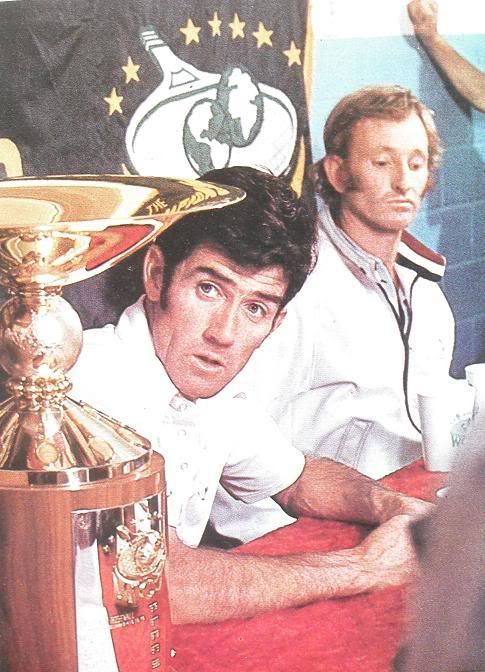I think you are asking the right questions, but I don't always agree with your conclusions.
I don't like the 2+2=5 analogy because it is simplistic and frankly a bit insulting to people in that era. I'm not going to assume that we have magically become so smart since then that we have it all figured out now, and that most everyone at that time was wrong. That just doesn't feel right to me.
One very important thing to me is that we CAN'T fully understand how people of that time FELT about the system in place, how they reacted to it, how they rated their own success in THAT system, and how they adapted their schedules to that system.
I'm not necessarily disagreeing with you, but I sometimes think you put too much faith in the modern lens.
This is why I consistently find myself somewhere in between you and Krosero, because you lean more towards reinterpreting things through the modern lens, while Krosero seems to lean more towards simply presenting information that is clearly focused on a lens of that time.
I like to flip lenses, figuratively, then analyze things as two separate views (at least) that will never fully agree and perhaps should not be expected to.
By the way, here is my thinking:
I was just recently looking at a whole bunch of Twilight Zone episodes, run on a marathon. My wife could not understand whey I even watched them. To her the acting is just horrible. I tried to explain to her that if you have a strong knowledge of theatre you realize that what you are seeing is essentially stage acting, and that what we see on stage, without mikes, essentially has not changed. So it is a window into a different time.
There are other people who idolize shows and films from that time, saying that everything great about acting has been lost.
The problem is using one and only one lens, then not realizing that we NEED more than one lens to have an understanding of what was and what is.
If you lean too hard on "facts", assuming we simply know more now and that everything should be reexamined, you are very close to people who simply state that modern tennis and modern tennis players are simply superior to what was. Modern rackets are better, modern strings are better, shoes that slide on HCs are better, and having a box full of people in your box, wiping your butt every 30 seconds if necessary, is better.
Everything is better, and add to that our ranking system.
It just wasn't the same in the early 70s.
That's why I'm very comfortable with ties for those early years, and frankly view people who MUST have an undisputed #1 as a bit inflexible.


